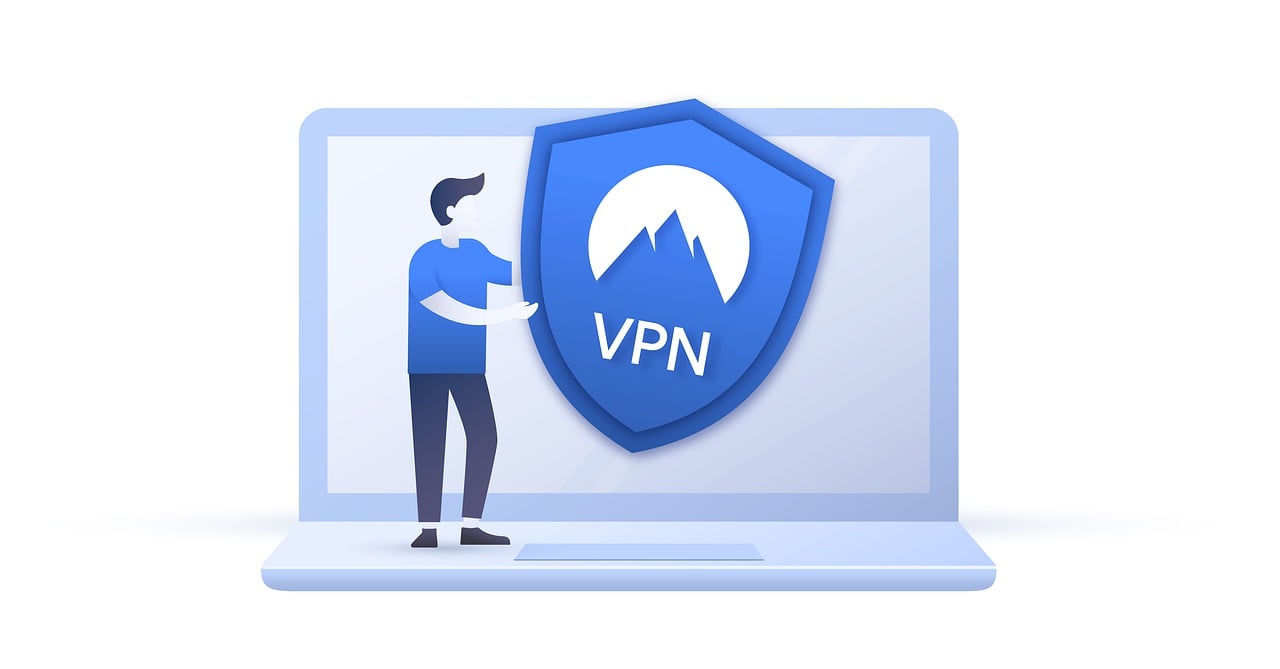In the digital age, cyber security has become an important concern for individuals and businesses. As the popularity and reliance on the Internet increases, there is a growing need to protect our personal and business information from hackers, data breaches and other cyber threats. And Virtual Private Networks (VPNs) offer an effective solution as a secure communication tool. In this article, we will discuss how VPN can protect your personal and business information and its importance in network security.

1. Encrypted Communication: Protecting the Security of Data Transmission
In our daily network communication, we often need to transmit sensitive personal and business information, such as login credentials, bank account information and trade secrets. a VPN transforms data transmission into encrypted packets that can't be eavesdropped or tampered with through encrypted communication. This means that even if someone intercepts your data traffic, they will not be able to decipher its contents. The encrypted channel established through VPN effectively secures data transmission and prevents information from being stolen and misused by hackers.
2. Anonymity and privacy protection: hiding your true identity
On the Internet, our online activities and personal identities are often tracked and monitored. Advertisers, ISPs and other third parties may collect and analyze our data for ad targeting, user profiling and other commercial purposes. By using a VPN, we can hide our real IP address and replace it with the IP address of the VPN server to anonymize the Internet. This provides us with a higher level of privacy protection against misuse and leakage of personal information.
3. Public Wi-Fi security: preventing eavesdropping and data leakage
Public Wi-Fi networks are widely available in cafes, airports, hotels and other places, providing us with a convenient way to access the Internet. However, the security of public Wi-Fi networks is often unreliable and vulnerable to eavesdropping and data leakage threats from hackers. By using a VPN to connect to a public Wi-Fi network, our data traffic will be encrypted and our personal and business information will be effectively protected even in an unsecured network environment.
4. Prevent geo-restrictions and content filtering
Some countries or regions restrict access to specific websites, applications or content. Such geo-restrictions and content filtering may limit our freedom of access to information and resources. a VPN can help us bypass these restrictions by connecting to a VPN server located in another region to realize a virtual geolocation. In this way, we can freely access blocked content and services and obtain information and resources worldwide.
5. Protection of Trade Secrets and Intellectual Property
For businesses, it is crucial to protect trade secrets and intellectual property. Enterprises may need to communicate sensitive information such as business plans, contract details and R&D results with suppliers, customers and partners on a global scale. By using a VPN to establish a secure communication channel, businesses can protect trade secrets and intellectual property from unauthorized access and theft. This protection helps organizations maintain a competitive edge and the confidentiality of trade secrets in a highly competitive marketplace.
To summarize, VPNs play an important role in protecting personal and business information. It provides strong cybersecurity protection by encrypting communications, providing anonymity and privacy, securing public Wi-Fi, bypassing geo-restrictions and content filtering, and protecting trade secrets and intellectual property. Whether you are an individual user or an enterprise user, using a VPN can effectively protect our personal privacy and business interests and enhance the level of network security. Therefore, choosing a reliable VPN service provider and applying it to our network activities becomes an important part of maintaining the security of our personal and business information.
 Email
Email